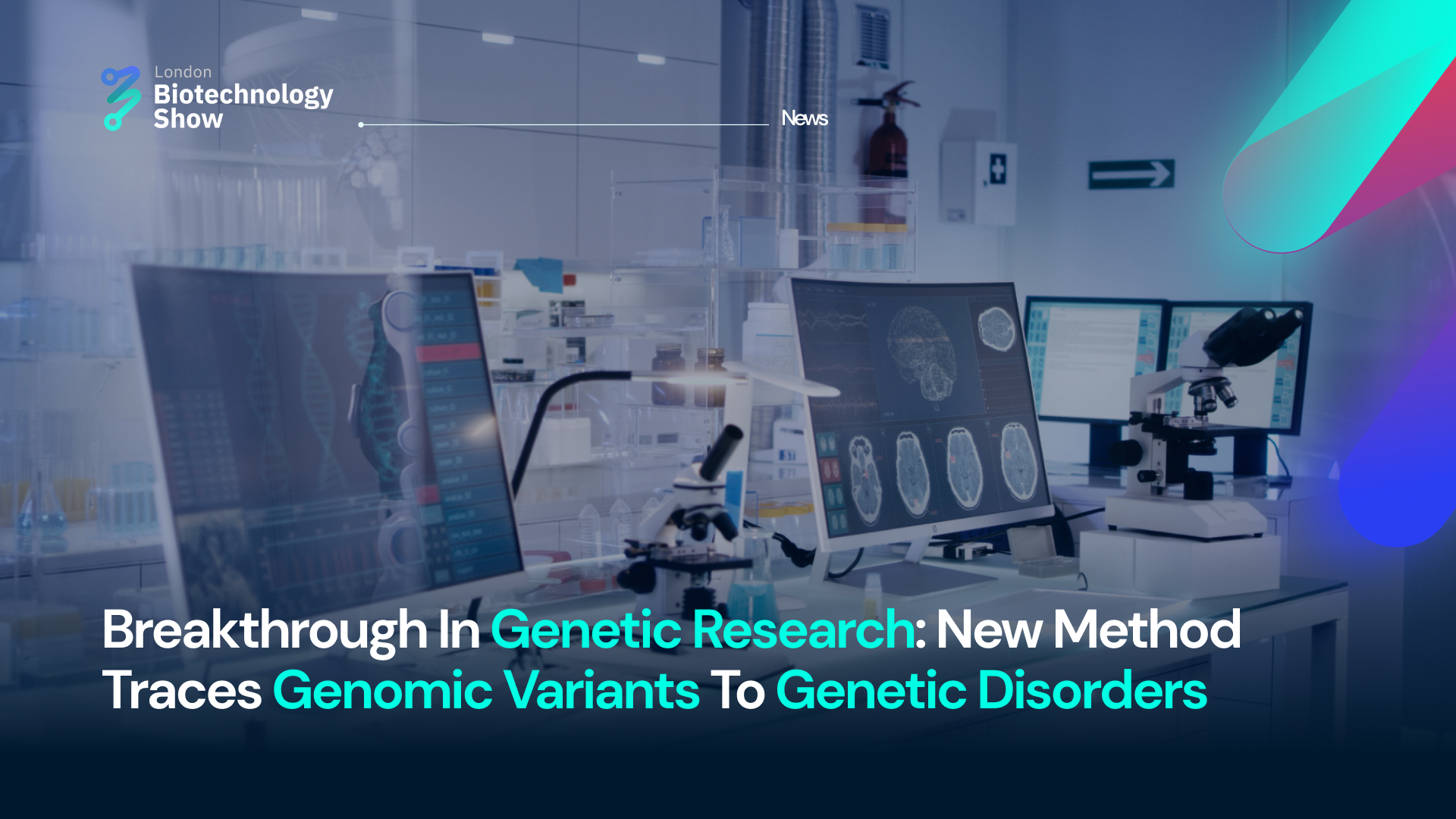JULY 9, 2023: A review of 13 trials using a genotype-first strategy in patient care was done by National Institutes of Health (NIH) researchers. In contrast to the conventional phenotype-first method, which begins with clinical observations, the genotype-first approach focuses on identifying patients with specific genomic variations and subsequently studying their characteristics and symptoms. This unique approach has yielded significant outcomes, including the discovery of previously unknown connections between genes and clinical conditions, the expansion of traits and symptoms associated with known disorders and valuable insights into newly identified disorders. The study detailing these findings has been published in the esteemed American Journal of Human Genetics.
Usually, when treating genetic conditions, the conventional method involves identifying patients exhibiting symptoms and then searching for genomic variants within their genomes that could potentially account for those symptoms. Nonetheless, this approach carries the risk of bias since researchers focus on clinical observations guided by their existing understanding of the disorder. This "phenotype-first" approach restricts researchers from comprehensively understanding the complete range of symptoms associated with the disorders and the corresponding genomic variants.
The study presents three significant findings resulting from an approach prioritising genotypes.
Firstly, this approach facilitated the identification of previously unknown connections between genomic variants and specific clinical traits. Secondly, this approach enabled researchers to identify previously overlooked symptoms associated with a disorder due to atypical presentations in patients. Researchers at the National Human Genome Research Institute (NHGRI) discovered an individual with a genomic variant linked to a recognized metabolic disorder. Despite exhibiting only minor symptoms, further testing revealed elevated levels of certain chemicals associated with the disorder within their body.
Lastly, this approach facilitated the determination of the specific functions of genomic variants, offering potential benefits for clinicians in understanding recently described disorders.
The 13 studies that utilised a genotype-first approach made use of genomic data sourced from NHGRI's Reverse Phenotyping Core, situated in the Center for Precision Health Research. This core compiles genomic data from multiple programs, such as ClinSeq(R) and the Centralised Sequencing Protocol of the National Institute of Allergy and Infectious Disease (NIAID). These combined resources enabled the analysis of over 16,000 research participants who had undergone either genome or exome sequencing.
Researchers at the NIH, who have obtained consent from participants for broad genomic data sharing and future recontact for research purposes, currently have access to the exome and genome sequencing data from the Reverse Phenotyping Core Genomic Data Browser. This access allows them to identify specific genomic variants of interest for their own research endeavours.
This groundbreaking technique has paved the way for more accurate and timely identification of the genetic causes underlying various disorders, enabling healthcare professionals to provide targeted treatments and interventions. The potential impact of this approach is vast, as it holds the promise of transforming the lives of individuals and families affected by genetic disorders.

